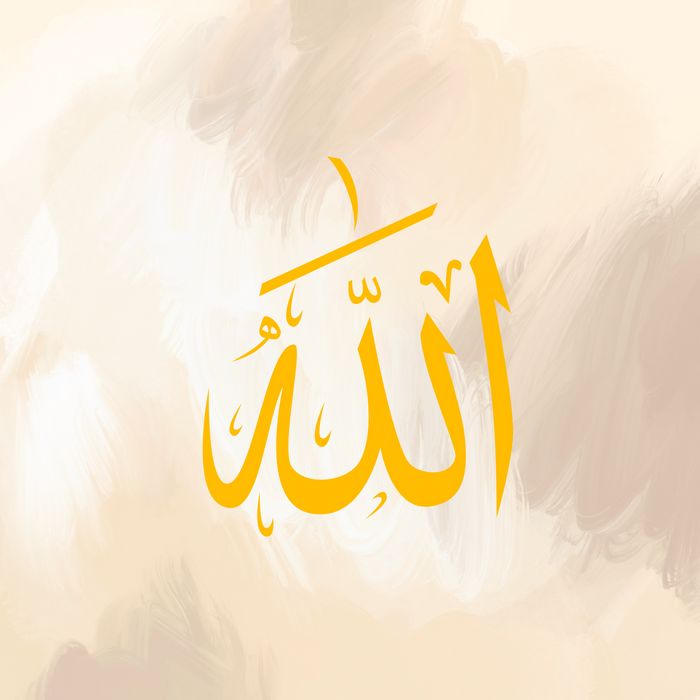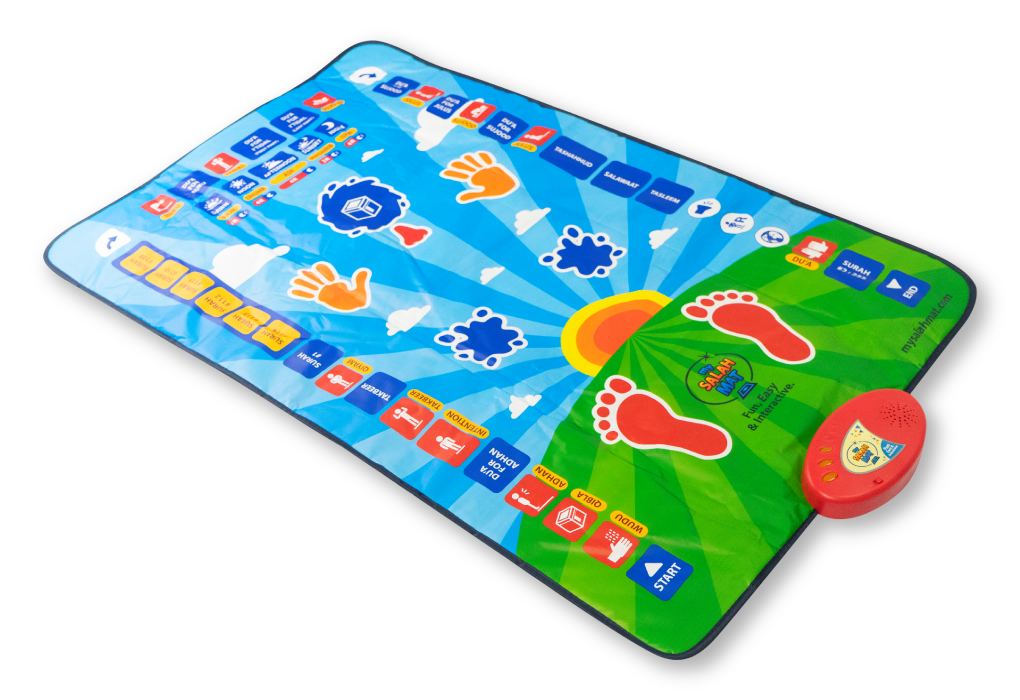Why Is Allah Referred to as ‘He’ in the Qur'an?

When reading the Qur'an, some may wonder why Allah (SWT) is often referred to using the pronoun "He." Does this imply that Allah is male? Understanding the linguistic and theological reasons behind this can help us appreciate the unique way Allah (SWT) is described in the Qur'an.
Allah’s Transcendence Beyond Gender
Firstly, it’s crucial to know that Allah (SWT) is beyond any human attributes or limitations. Allah is not confined by any physical form, including gender. In Surah Al-Ikhlas, Allah declares:
"Say, ‘He is Allah, [Who is] One, Allah, the Eternal Refuge. He neither begets nor is born, Nor is there to Him any equivalent.’"
(Qur'an, 112:1-4)
This verse emphasizes Allah's uniqueness and transcendence, indicating that He is unlike anything in creation. Allah (SWT) does not possess human characteristics such as gender; rather, He is above and beyond such categories. The use of "He" in the Qur'an is not an indication of maleness but rather a linguistic convention.
The Arabic Language and Gendered Pronouns
The Arabic language, like many others, uses gendered pronouns. In Arabic, the default pronoun for a gender-neutral or non-gendered being is "huwa," which translates to "he." This is not meant to assign gender but is simply the grammatical structure of the language. Similarly, English has historically used "he" as a default pronoun in general contexts.
Given that the Qur'an was revealed in Arabic, it follows the grammatical rules and conventions of the language. Referring to Allah (SWT) as "He" is a necessity of the Arabic language, not a statement of gender.
Understanding Allah’s Attributes
The Qur'an introduces us to Allah (SWT) through His beautiful names, known as Asma ul-Husna. These names reflect Allah’s attributes such as Ar-Rahman (The Most Merciful), Al-Hakeem (The Wise), and Al-Aleem (The All-Knowing). These descriptions emphasize that Allah (SWT) possesses qualities beyond human comprehension.
These names and attributes help us understand that Allah (SWT) is not bound by human limitations. The pronoun "He" is used not to ascribe gender but to communicate these attributes using the most appropriate linguistic structure in Arabic.
Avoiding Misinterpretations
It’s essential to approach the Qur'an with a clear understanding that its use of language is meant to convey meanings that transcend human concepts. The pronoun "He" is used as a functional necessity in the Arabic language, without any intention of limiting Allah (SWT) to human characteristics.
The Qur'an itself emphasizes that Allah (SWT) is unlike anything in creation:
"There is nothing like unto Him, and He is the All-Hearing, the All-Seeing."
(Qur'an, 42:11)
This verse is a reminder that Allah (SWT) is beyond any form or gender, and any attempts to confine Him to such categories are inherently flawed. Allah (SWT) is unique, and the Qur'an uses human language as a tool to convey this divine message.
Conclusion
The use of "He" when referring to Allah (SWT) in the Qur'an is not a reflection of gender but rather a linguistic choice based on the structure of the Arabic language. This helps us communicate the attributes and oneness of Allah (SWT) while reminding us that He is beyond any human or physical comparison.
At My Salah Mat, we strive to provide educational resources that deepen your connection and understanding of the faith. We hope this explanation helps clarify why Allah (SWT) is referred to as "He" in the Qur'an. For more insights and guidance, explore our content and products designed to enhance your spiritual journey.














 Liquid error (snippets/@AlternatingContentX line 127): Could not find asset snippets/CustomTexts-.liquid
Liquid error (snippets/@AlternatingContentX line 127): Could not find asset snippets/CustomTexts-.liquid